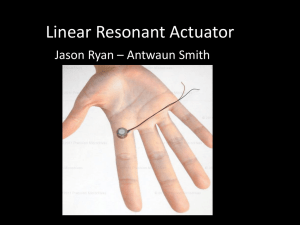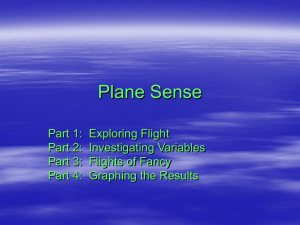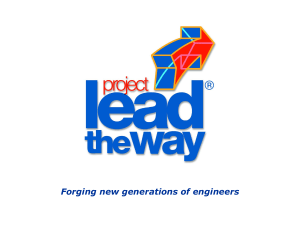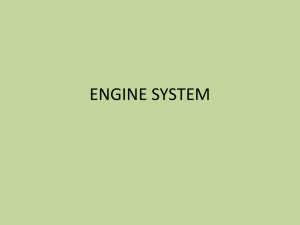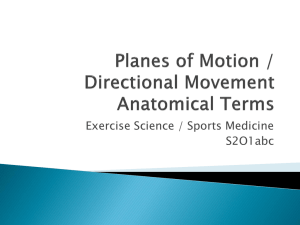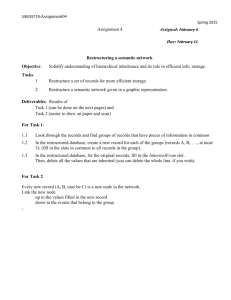kegworth
advertisement
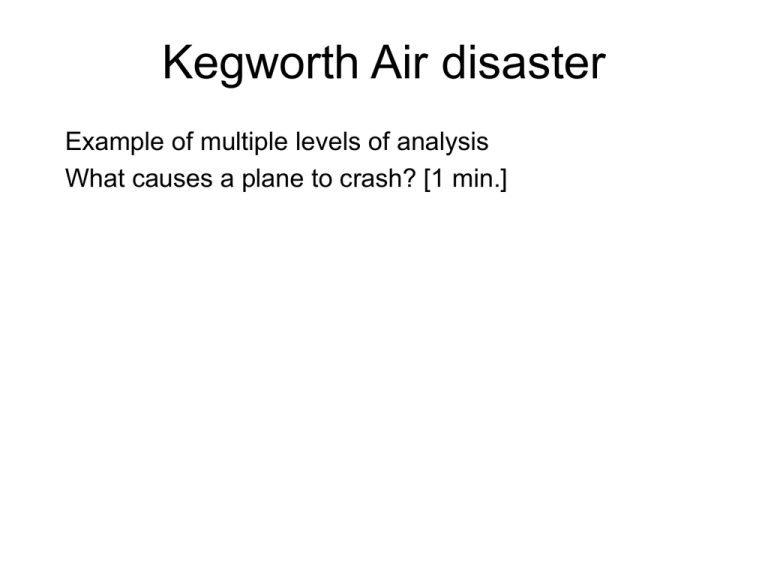
Kegworth Air disaster Example of multiple levels of analysis What causes a plane to crash? [1 min.] What causes a plane to crash? • A laundry list is required, or, a swiss cheese loaf lined up • A lot, in safety critical systems Kegworth Air Disaster • Why? – Near Ritter, Baxter & Churchill – A lovely example – Often used Storyline • Flight, jan 1989, Heathrow to Belfast, Midland 192 • Experienced pilots, new plane (737) • Part of one of the safest systems in the world • Upon take-off, no problems • Shuddering, fire in an engine at ~10 min. • Shut off #2 engine, RHS (the good one!) • This is the pilot error Hardware and Mischance badly designed new engine, failure at 3 months, approx. t=300 h, should be t=500,000 h, not tested at altitude /unlucky choice of diversion airport [BMI hub] Auto throttle problem poor mental model of plane [system] (turned off good engine, which disengaged autothrottled, solving the judder problem) lack of engine feedback [interface design] Vibration Dial 1 vibration dial harder to read [design] vibration dial not required to fly [regulation] dial and plane not trained with simulator technology updated but not announced Vibration Dial 2 • vibration dial small [design] • Without range marking [design] During descent lots of interruptions pilots can’t see the engines no protocol: no checking/confirmation visually from cabin • Passengers could see fire but explained it away, perhaps also flight attendants diffusion of social responsibilities Social distance between aircrew and pilots crash • 900 m short • 43+4 out of 118+8 die At crash • Not documented: noise abatement hillocks Afterwards • If any 13or 3 missing, no loss of life • What was the pilot error? • Thus, systems require understanding people, technology, and systems and environment References • Wikipedia on kegworth • BBC. (1991). Fatal error: Taking liberties [television series]. • Youtube has videos as well



